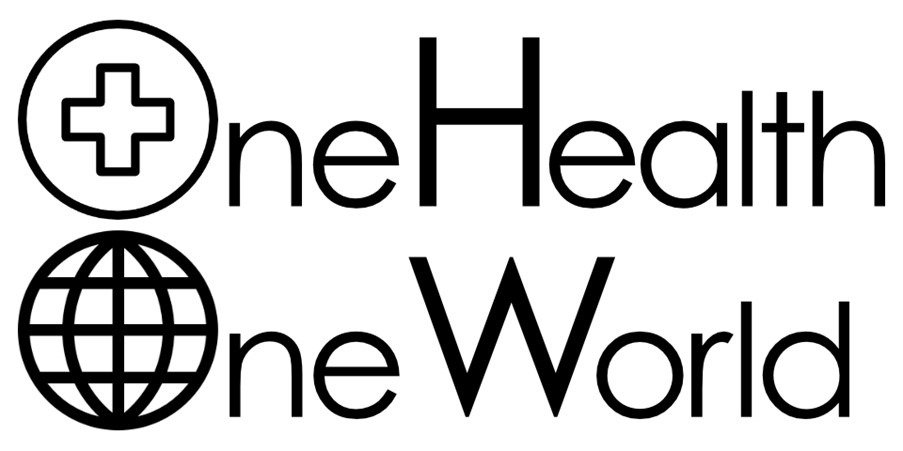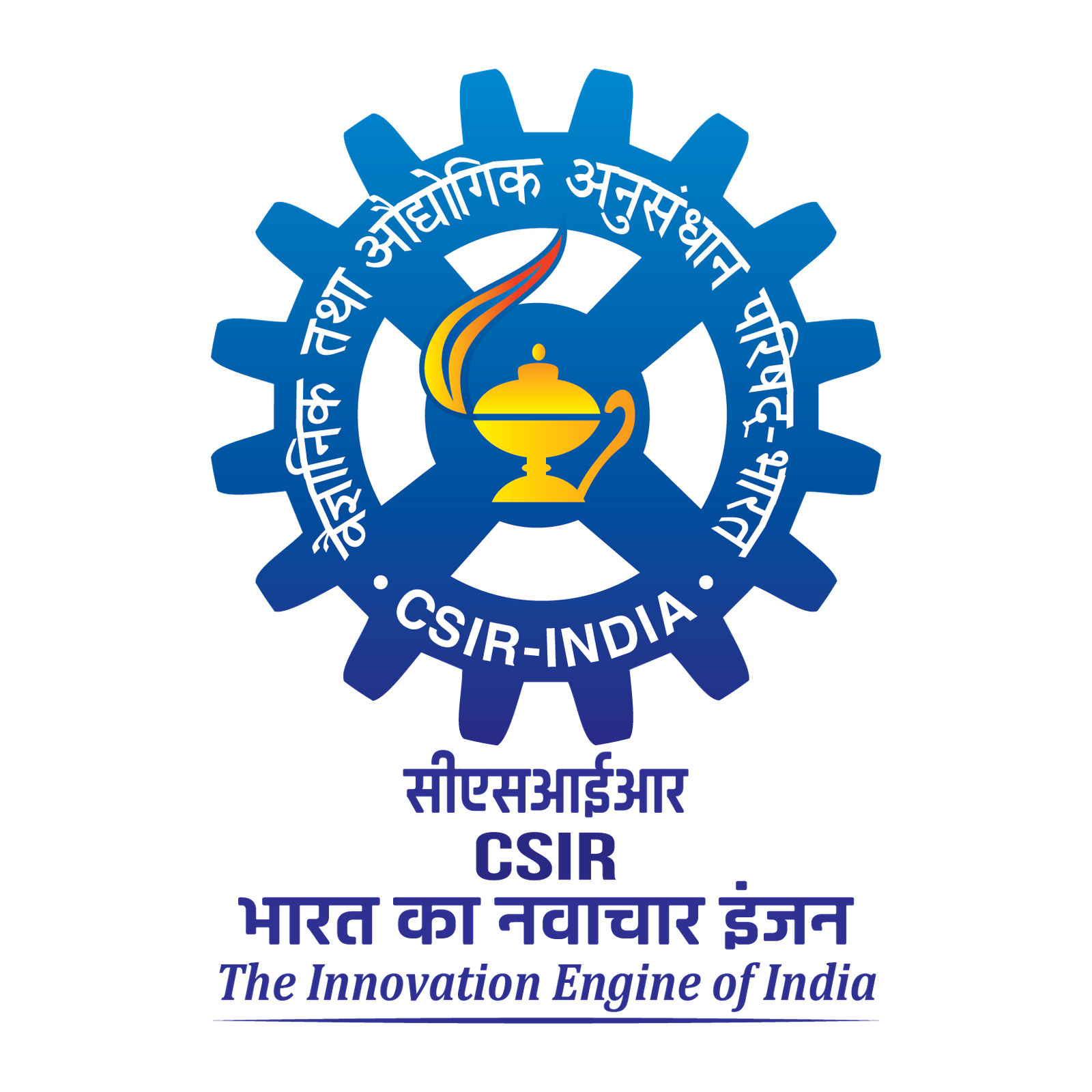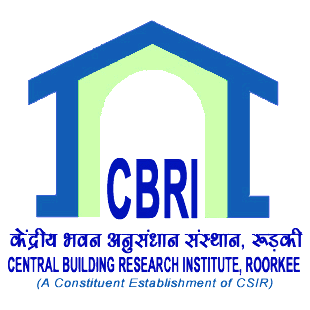OHOW 2025
4th International Symposium On One Health, One World
20-22 November, 2025 | CSIR– Central Building Research Institute (CSIR-CBRI), Roorkee, India.

The recent COVID-19 pandemic, along with ongoing issues such as species loss, habitat degradation, pollution, invasive alien species, and global climate change, has illuminated the deep interconnections between human activities, the natural world, and urban environments. These phenomena are fundamentally reshaping the way we live, moving from relatively untouched natural ecosystems to the densest and most complex urban environments in human history. The impact of these transformations emphasizes the need for an integrated approach that not only addresses immediate urban concerns but also considers long-term health and environmental sustainability.
The concept of One Health, One World (OHOW), first articulated in the Manhattan Principles in 2004, offers a comprehensive framework for understanding and addressing the interconnectedness of human health, animal health, environmental health, urban safety, and sustainable environmental management. This holistic approach emphasizes that human well-being is directly linked to the health of animals, ecosystems, and the broader environment. Recognizing these interdependencies is crucial in managing the challenges that arise in urban settings, where human activities often intersect with environmental risks
The 4th OHOW Symposium, to be jointly organized by the One Health One World Research Initiative, the University of Tokyo, Japan, and the Council of Scientific & Industrial Research – Central Building Research Institute (CSIR-CBRI), India, will build upon the insights gained from previous OHOW symposiums. The 2025 symposium will delve deeper into key global challenges, with a particular focus on topics such as:
- Climate Change and Green Recovery: As cities face the growing threat of climate change, there is an urgent need to adopt sustainable and adaptive approaches for urban development. This session will explore innovative solutions for climate resilience, green recovery, and sustainable urban planning that can help mitigate the effects of climate change on vulnerable urban populations.
- International Public Health Research in Asia The rapid urbanization of Asia has led to emerging public health challenges, including the spread of zoonotic diseases, the impacts of environmental pollution, and the need for better health infrastructure. This topic will address how international research can drive policy development and shape public health responses to such challenges.
- Infrastructure Management and Sustainable Built Environments: Urban areas require robust and sustainable infrastructure systems to ensure the safety, health, and well-being of their inhabitants. This session will focus on how sustainable infrastructure management, energy-efficient buildings, and eco-friendly urban design can contribute to creating cities that are not only safe but also environmentally resilient.
- Urban Safety and Disaster Mitigation: As cities grow in size and complexity, the risk of natural and man-made disasters increases. The symposium will explore strategies for improving urban safety, enhancing disaster preparedness, and implementing disaster risk reduction measures to safeguard urban populations against unforeseen events, including natural disasters, pandemics, and other emergencies:
- State-of the Art, State-of-Practice and Keynotes from eminent personalities from academia, research and industry will offer valuable knowledge-sharing opportunities for all participants
- Over 200 participants from academia / students , research, industry, and professionals across the coutnry
- Over 150 research articles will be presented at the conference in both poster and oral presentation. The papers are ranging from basic research to field application; covering different Infrastructure in Indian Context. These articles will be published in Springer Proceedings and will be indexed in Scopus.
- Industry-focused lectures on practical applications will also be a part of the conference, providing participants with deeper insights about current trends in technological advancements and creating a platform for connecting R&D with real-world implementation aligning to Govt. of India National Missions
- Various construction-related technologies will be displayed at the stalls, featuring live demonstrations for better understanding. This will be of great interest to participants, providing an opportunity to exchange knowledge and learn about current trends in technological advancements.
-
We look forward to welcoming you to the “One Health One World 2025” and cordially invite you to participate and contribute to embarking on a journey towards a built environment that is resilient, sustainable, and equitable for all with the discovery, collaboration, and transformation. In this way, together we will lay the foundation for a future where infrastructure serves as a catalyst for societal progress, economic prosperity, and environmental stewardship.

The University of Tokyo
Website : - https://ohow.iis.u-tokyo.ac.jp/intro
One Health One World Research Initiative Secretariat,
Institute of Industrial Science,
The University of Tokyo,
Bw604, 4-6-1, Komaba, Meguro, Tokyo 153-8505
The One Health and One World Collaborative Research Organization was established in 2021 at the University of Tokyo and has been operating a new academic research base for comprehensive science on common infectious diseases and health between humans and animals.
There is growing international recognition of the declaration, which argues that separate research by medical, veterinary, and environmental sciences is insufficient to deal with the risks of emerging infectious diseases that may occur in the future. Research institutes and faculties have been established at universities, and international joint research with African countries and other countries has been promoted.

The University of Tokyo
Website : - https://www.iis.u-tokyo.ac.jp/en//
Social Media : - Facebook, Twitter, YouTube
Institute of Industrial Science, The University of Tokyo.
4-6-1 Komaba Meguro-Ku, Tokyo 153-8505, Japan
The Institute of Industrial Science (IIS), The University of Tokyo, is a leading research institute dedicated to advancing science and technology across various engineering disciplines. Established in 1949, IIS has played a crucial role in pioneering cutting-edge research in fields such as robotics, artificial intelligence, materials science, and sustainable energy. With a strong emphasis on interdisciplinary collaboration, the institute fosters innovation by bringing together experts from different domains to tackle real-world challenges. IIS is home to numerous state-of-the-art laboratories and facilities, providing researchers with an ideal environment to conduct experimental and theoretical studies.
As part of The University of Tokyo, IIS maintains strong ties with both academia and industry, facilitating technology transfer and industry-academic partnerships. The institute collaborates with domestic and international organizations, contributing to the development of next-generation technologies that have practical applications in society. IIS also offers graduate education programs, nurturing the next generation of engineers and scientists through research-based learning. With a commitment to sustainability and social impact, the institute continues to push the boundaries of scientific knowledge, reinforcing its position as a global leader in industrial and engineering research.

Council of Scientific & Industrial Research
Website : - https://www.csir.res.in/about-us/about-csir
Social Media : - Facebook
Council of Scientific & Industrial Research
Anusandhan Bhawan, 2 Rafi Ahed Kidwai Marg,
New Delhi – 110001
Anusandhan Bhawan, 2 Rafi Ahed Kidwai Marg,
New Delhi – 110001
The Council of Scientific & Industrial Research (CSIR), known for its cutting edge R&D
knowledge base in diverse S&T areas, is a contemporary R&D organization. CSIR has a dynamic network of
37 national laboratories, 39 outreach centres, 1 Innovation Complexes, and three units with a pan-India
presence.
CSIR’s R&D expertise and experience are embodied in about 3476 active Scientists supported by about 4000
technical and support personnel as of 31st March 2022.
CSIR covers a wide spectrum of science and technology – from oceanography, geophysics,
chemicals, drugs, genomics, biotechnology and nanotechnology to mining, aeronautics, instrumentation,
environmental engineering and information technology. It provides significant technological intervention
in many areas concerning societal efforts, which include environment, health, drinking water, food,
housing, energy, farm and non-farm sectors. Further, CSIR’s role in S&T human resource development is
noteworthy.
Pioneer of India’s intellectual property movement, CSIR today is strengthening its patent portfolio to
carve out global niches for the country in select technology domains. CSIR filed about 250 Indian
patents and 213 foreign patents during 2022-23. CSIR has a patent portfolio of 1,132 unique patents in
force, out of which 140 patents have been commercialized. CSIR also has 2,587 in force patents granted
abroad in multiple countries. Amongst its peers in publicly funded research organizations globally, CSIR
is a leader in filing and securing patents worldwide.

Central Building Research Institute
Website : - https://cbri.res.in/the-institute/about-institute/
Social Media : - Facebook
CSIR– Central Building Research Institute (CSIR-CBRI),
Roorkee, India
Established in 1947, the CSIR-Central Building Research Institute (CSIR-CBRI), Roorkee, is India’s premier research institute dedicated to building science, sustainable construction, and disaster-resilient infrastructure. Operating under the Council of Scientific and Industrial Research (CSIR), the institute plays a crucial role in advancing climate-responsive construction, structural safety, and smart urban planning.
CSIR-CBRI focuses on key areas such as disaster-resilient structures, energy-efficient buildings, and sustainable materials, with innovative technologies like 3D Concrete Printing and Precast Prefinished Volumetric Construction (PPVC) revolutionizing modern housing solutions. The institute is also at the forefront of structural health monitoring, seismic risk assessment, and post-disaster rehabilitation. CSIR-CBRI continues to drive innovation in smart cities, modular construction, and eco-friendly urban development, ensuring a safe, sustainable, and resilient built environment for the future.
